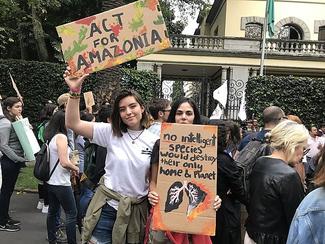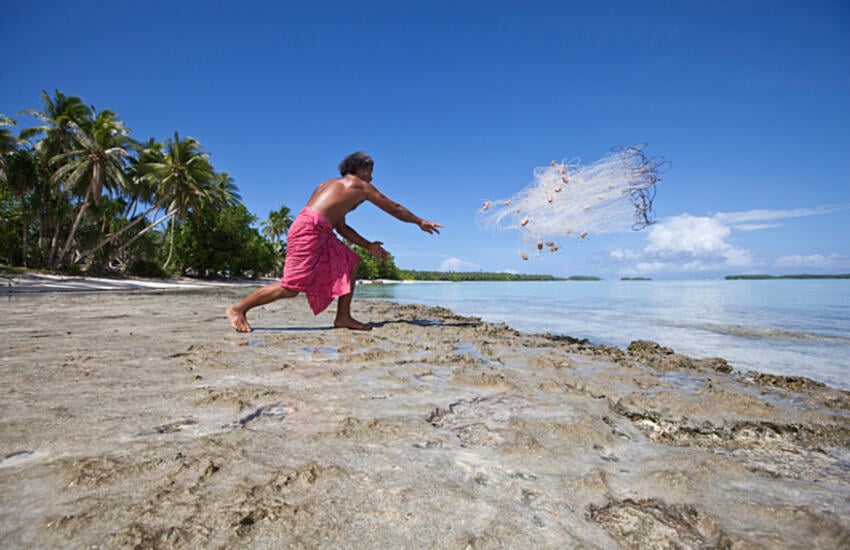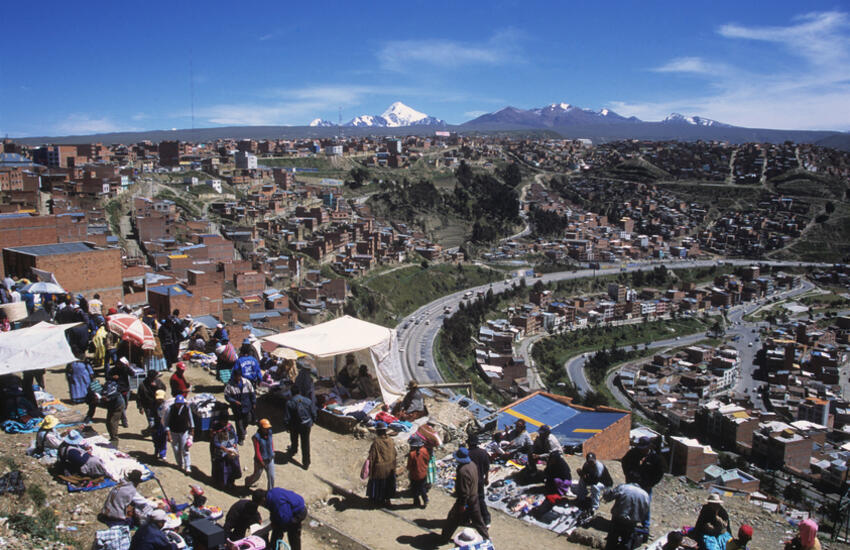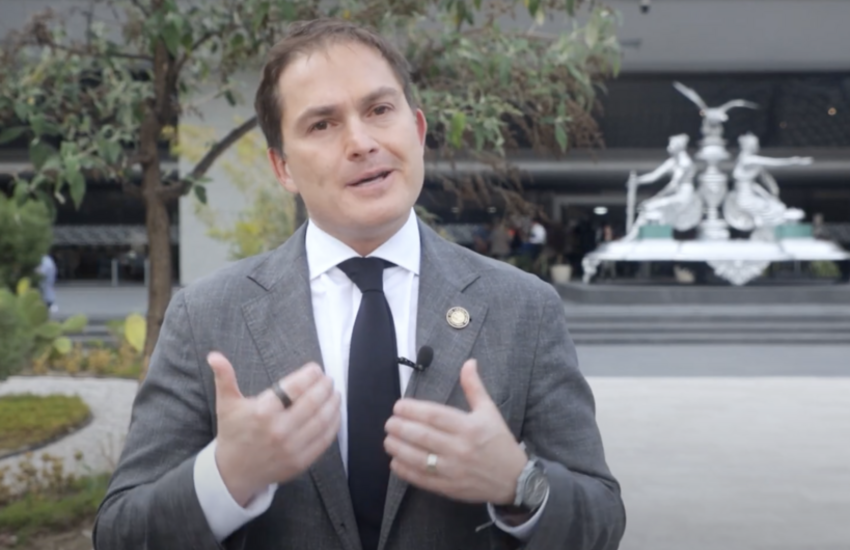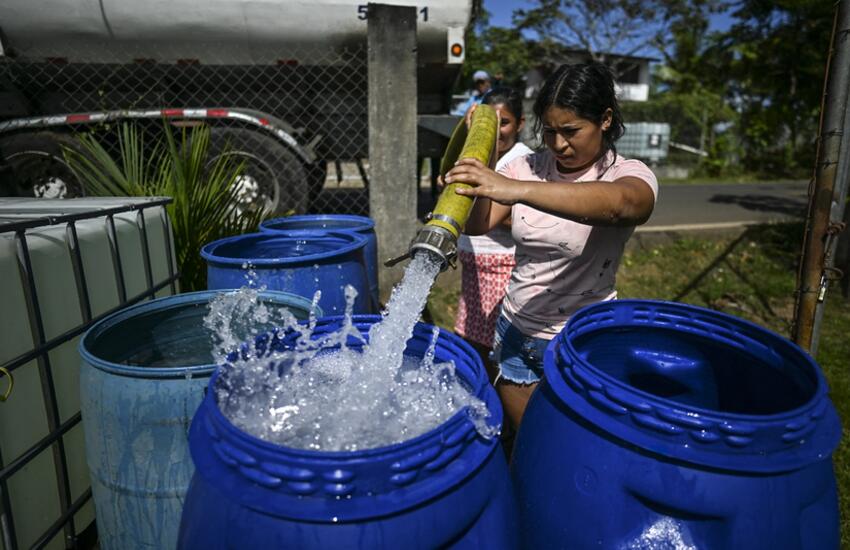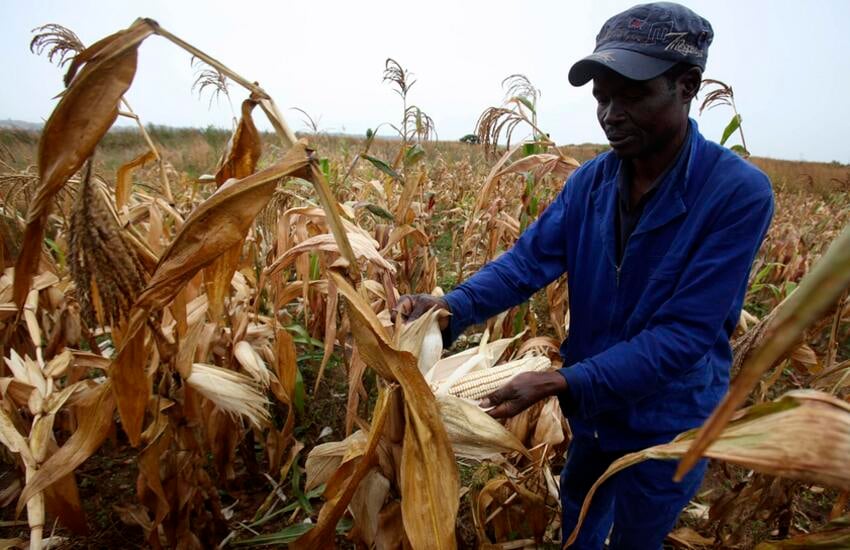In implementing the 2030 Agenda for Sustainable Development, the Mexican Senate has established a Special Commission, comprised of 18 Senators from all political parties and across different states. Senators are also members of other commissions, which allows them to promote the SDGs across policy silos and raise awareness of the key sustainable development principles of the 2030 Agenda.
The Special Commission’s duties include:
- Issuing technical opinions, observations, or non-binding recommendations on 2030 Agenda matters.
- Sending recommendations or observations about SDG implementation and monitoring to federal agencies.
- Organizing consultations with Mexican government agency leaders involved in SDG implementation and monitoring.
The Special Commission has also prioritized SDG localization. It has implemented an engagement strategy for improved dialogue to maintain direct and collaborative relationships with local State Congresses, and to ensure that the different subnational territories advance towards achieving their own specific SDG priorities. This two-way approach enables Special Commission members to reflect on local communities’ most pressing needs, foster a fairer distribution of public resources, and ensure that all citizens are more included in proposed legislation.
Recently, the Chamber of Deputies established a broad-based SDG working group consisting of members from different parties and commissions. The group’s mandate is to: encourage consensus on future priorities; accelerate implementation of prioritized interventions; ensure that budget allocations deliver on the nationally defined outcomes of the SDG framework; enhance MPs’ capacities and knowledge on the 2030 Agenda; and promote inclusivity by directly engaging the public in the work of the different commissions and promoting better outreach to vulnerable and marginalized communities.
SDG integration into parliament’s core functions
Congress actively promotes integration of the three dimensions of sustainable development (social, economic, and environmental), while also considering specific SDGs in the drafting, amending and enacting of laws.
Several organizations have conducted an in-depth diagnosis of the integration of the SDGs into legislation and examined both innovative practices during lawmaking and budget approval, as well as the application of a sustainable development approach in the work of various congressional committees. A multistakeholder partnership supported the Chamber of Deputies to undertake a comprehensive legal assessment about how the COVID-19 pandemic has affected SDG achievement.
In concert with the 2030 Agenda Legislative Strategy, the Chamber of Deputies has developed a special budgeting methodology to assess how proposed sectoral allocations contribute to realizing the SDG national strategy. The Chamber has also introduced gender budgeting. This practice mainstreams gender into the budget law by regularly completing gender impact analyses of the entire budget.
Disaster risk reduction and climate change measures
Constitutional reform was enacted to improve education on climate change, and mainstream sustainable environmental considerations into national educational policies and curriculums. The Senate approved and ratified the Escazú Agreement, which promotes comprehensive and inclusive environmental and justice policies.
The Special Commission collaborated with the Sustainable Development Solutions Network in Mexico and its youth chapter on an open parliament activity. This was an opportunity for younger generations to comment on specific concerns relating to the 2030 Agenda. Youth representatives were also trained on the procedures for formulating and amending national laws. The initiative was then presented to the Senate’s Plenum (plenary session). Participants’ specific inputs were gathered as proposed amendments to the General Law on Climate Change. In addition, the young representatives’ proposals led to the identification of 13 innovative projects that would accelerate progress towards delivering climate change commitments and could be financed by the national Climate Change Fund.
Challenges and lessons learnt
The main challenges that significantly impede parliament from engaging more deeply are a lack of adequate understanding among MPs, and the low level of institutionalized common approaches towards implementing the SDGs. Both the Special Commission and the SDG working group invest significant time and resources in raising MPs’ awareness.
One of the key priorities for the Chamber of Deputies is to guarantee a regular and open dialogue with citizens and stakeholders on key issues that affect the environment, and to seek feedback on potential interventions that can have a multiplier effect across the climate change SDG targets.





